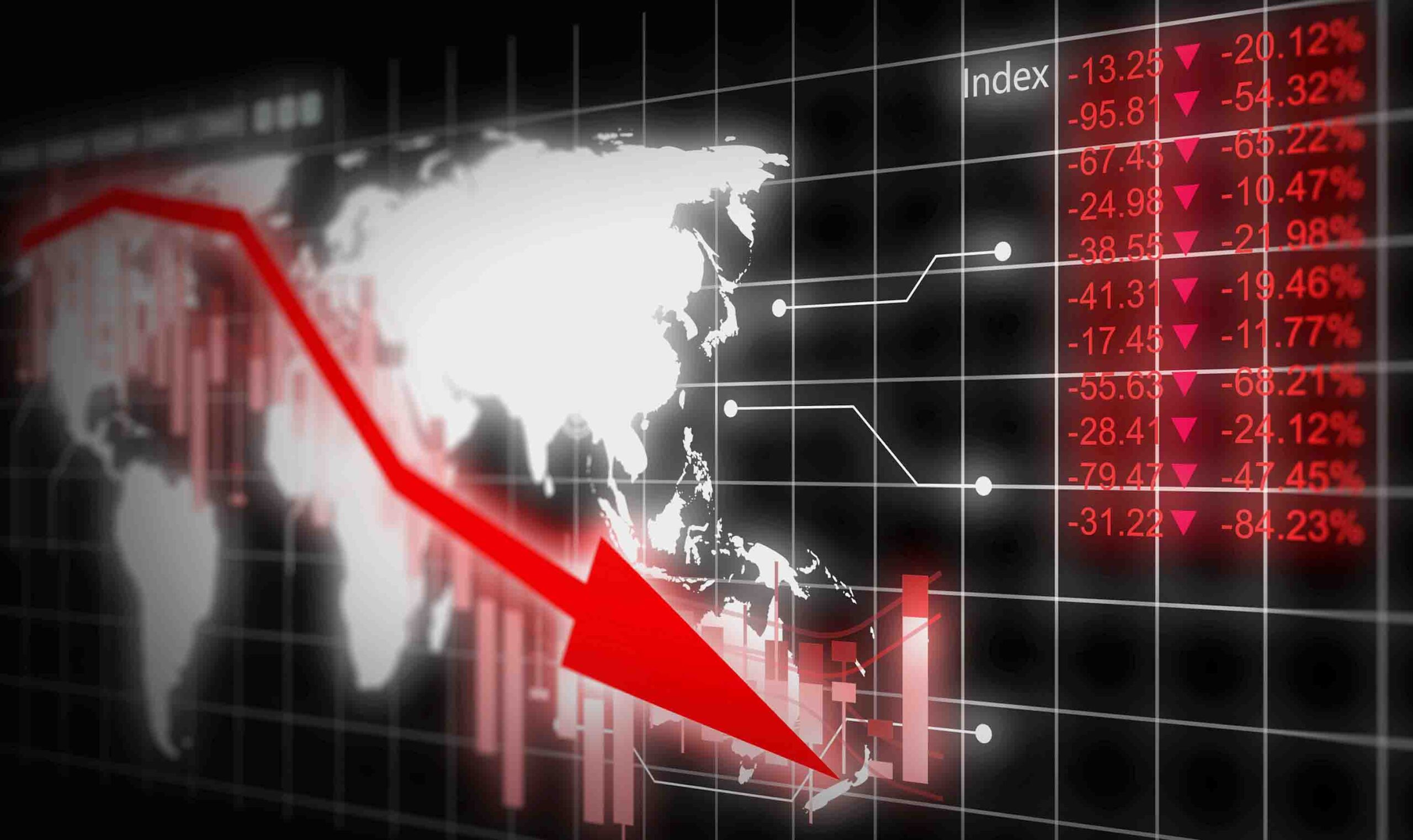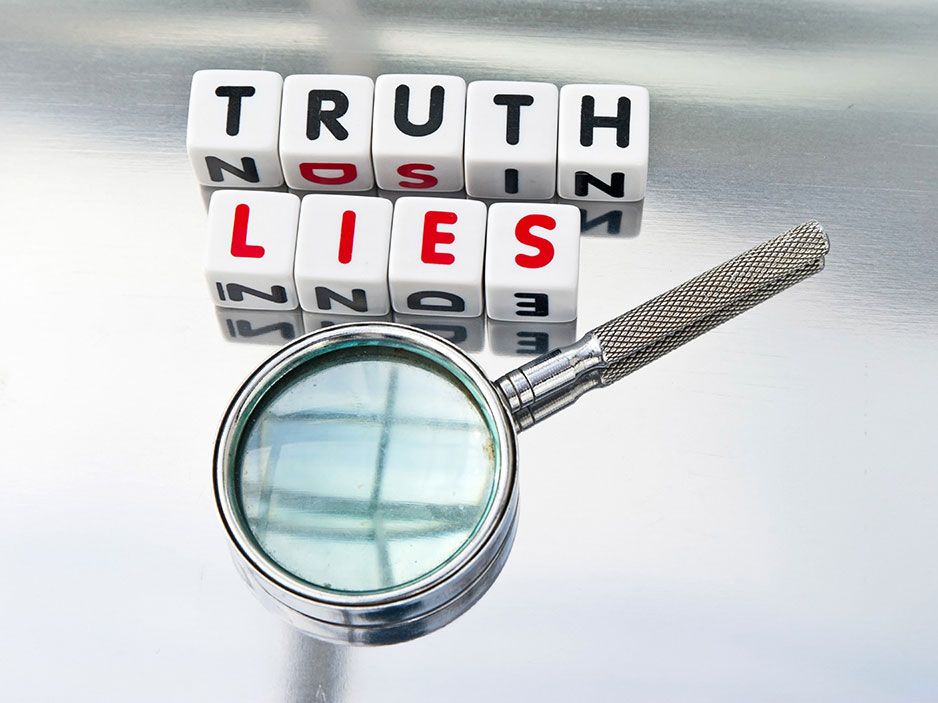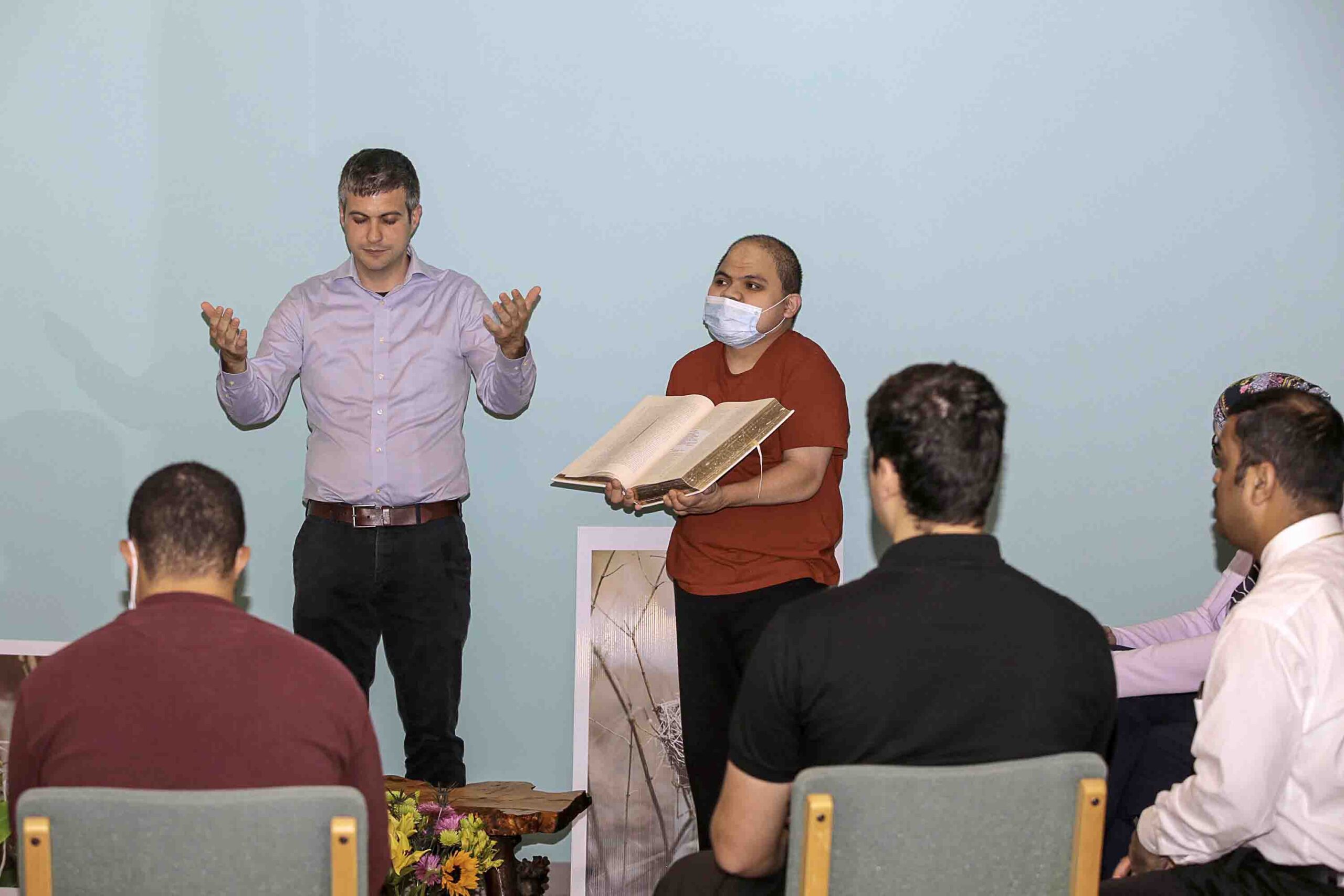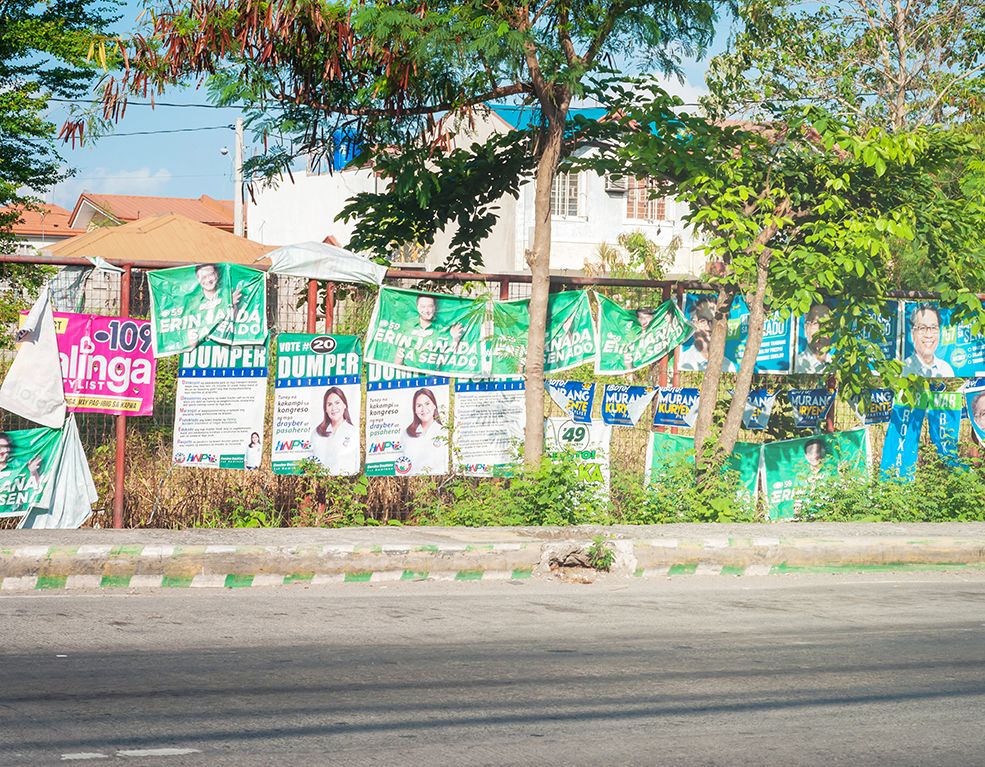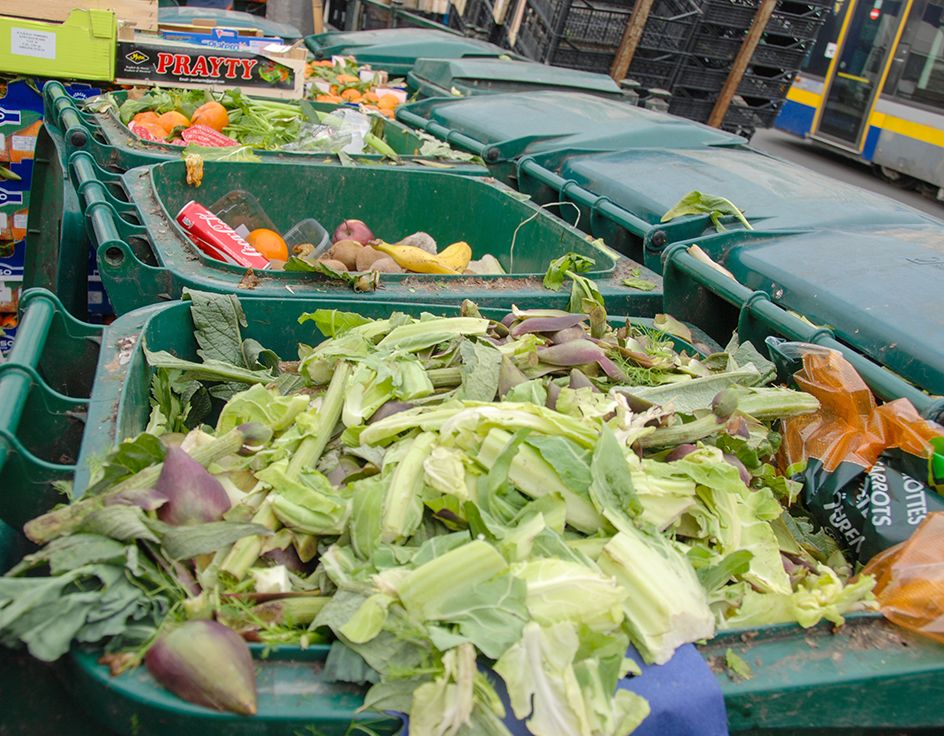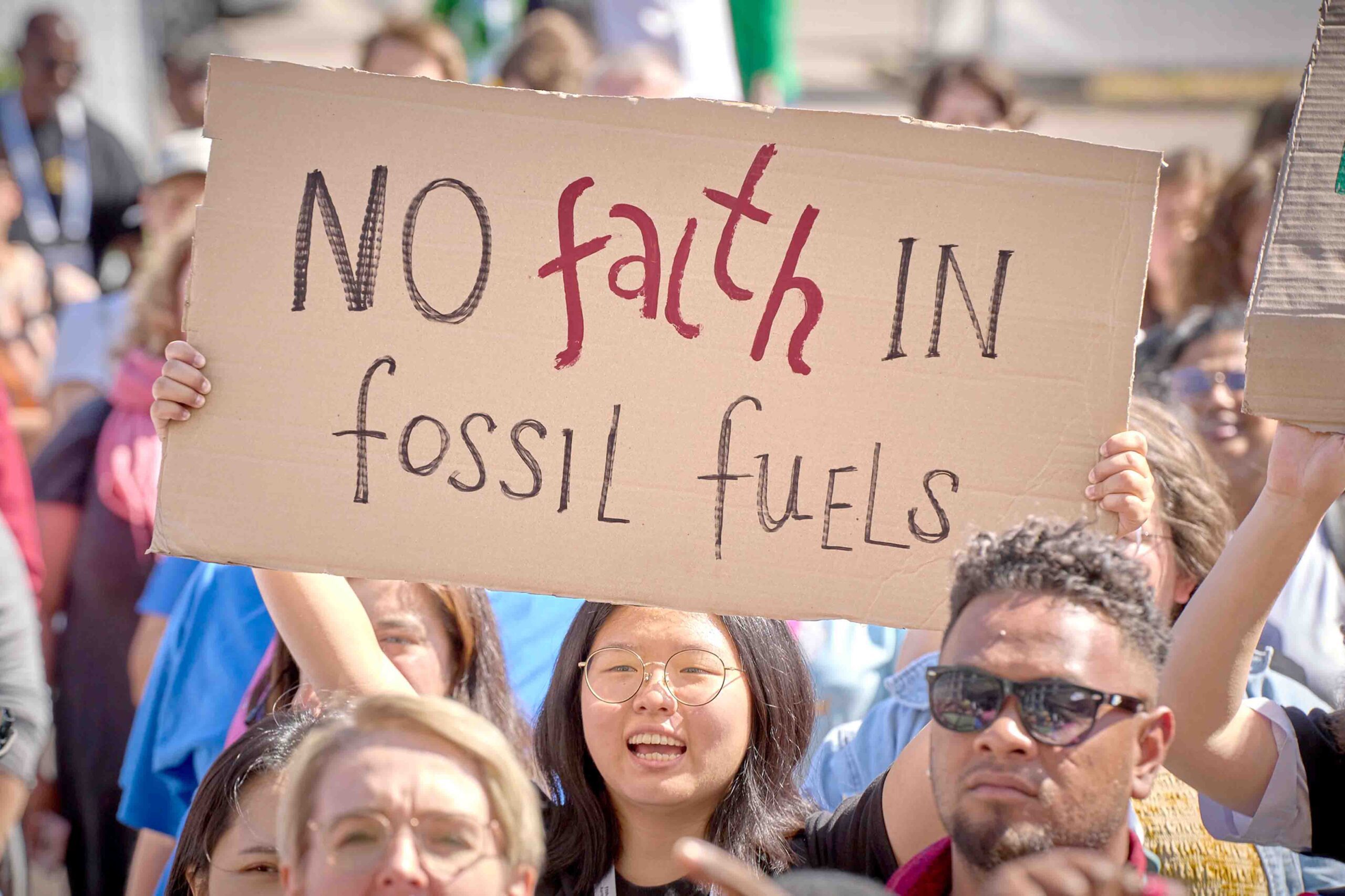If you want to cultivate peace, protect Creation,” this is the theme for 2010 World Day of Peace, celebrated on January 1. This time around, Pope Benedict XVI decided to focus on an important issue: caring for Creation is vital for life on the planet. This is a human right. We all have the right to see Creation well preserved for us and our future generations. This is also the will of God, who entrusted the human being with “tilling the earth and taking care of it” (Gen. 2:15). The Maasai of Kenya have an apt saying: “We do not own the Earth; we are simply guarding it for our children.” It is not by chance that the motto ‘Justice and Peace’ in many international gatherings has been modified, adding ‘and responsibility for Creation.’
The Pope’s message wishes to raise awareness about the strong bond that exists in our globalized and interconnected world between protecting the Creation and cultivating peace. It is not a novelty that insecurity, war and many abuses of human rights have been done to gain access to natural resources. The fight against indigenous people in the Amazon Basin is an example in point. Today, we see similar issues raised in the civil war in Darfur and Malakal area in the Sudan. The war in the Great Lake Region is as much power and political control, as a fight for the right to exploit resources. Undoubtedly, when a group of people wishes to take control of natural resources against the plans of the local population, abuse of human rights and conflict will ensue.
The answer to these tensions lies on the sustainable use of Creation. God has given us precious resources, it is up to us to use them well and in a way that favors development. For instance, deforestation is a major problem in many countries. The world market wants more and more wood for furniture, building and other applications. Precious woods are highly sought after. When there is a high demand, there is also the incentive to respond by providing goods. However, deforestation leads to depletion of water resources and erosion. Deforested ground is not always good for agriculture, so that local communities do not really benefit from logging. Instead of cutting down forests, local communities can be trained to use renewable natural resources to make a profit. For instance, many powerful medicines are prepared with flowers and herbs from tropical forests. A community that looks after the environment and save its riches, will benefit from preserving the original status of their region.
Another way to guard Creation is to avoid pollution. In reality, we will never be able to live in a pollution-free environment. Every living being creates pollution. However, we can minimize our impact on Creation by recycling, lowering poisonous emissions, and find alternatives to plastic packaging, excessive water use, polluting mining, etc. Leading a more sustainable life means having less impact on the environment, giving nature the time to recover from pollution, and reverting global warming.
Ultimately, to care for Creation means to change our way of life. This is true in the Western world, the largest polluter on the planet, but it is also true in many societies in the South. Today’s worst cases of pollution emerge in the megalopolises of the South. It is common to see large towns littered with plastic bags. Plastic requires many years to degrade and be absorbed by the soil. Plastic bags clog drainage, leading to pools of water which, in turn, are the preferred breeding ground of insects like malaria or dengue-carrying mosquitoes. Due to lack of proper dumping facilities, people often burn litter. Burning waste in the open air is dangerous. Burning plastic materials produces high levels of dioxin, a poisonous gas. It is not surprising that communities living near dump sites show high levels of cancer or other causes of poor health.
In the West, people live unsustainable levels of life. Each European enjoys, ten times, the quantity of electrical power or water more than the counterpart in the South. Caring for Creation will have to address this imbalance, and correct it. If we shall be unable to face these challenges with a renewed sense of social justice and equity, and international solidarity, we will sow seeds of violence between peoples, and between the current and future generations.
If we want peace to reign, we will have to renew our attention to Creation. In this era of globalization, when we all realize how interconnected we are, no one can claim to be unaware of the consequences of his or her life choices. Underlying our interest in nature, in the life of people and animals, is a way of promoting peace and understanding. It is also a way to educate the younger generations to avoid making the same mistakes we have committed.


